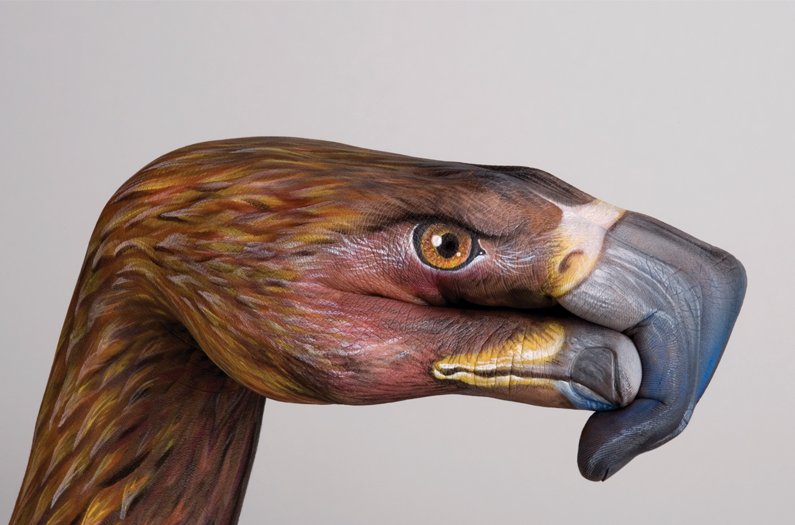Scientific American Blog Network:
“I recently noticed something about myself. Whenever I am thinking about the nature of living systems (as happens a lot in the field of astrobiology), and reading or studying work done on evolutionary biology, I have to refresh my mind constantly about the central tenets of Darwinian selection. This is not because they are particularly complex. Indeed, their remarkable simplicity is what makes the ideas so powerful. Instead it is because of what my mind wants to do with these ideas.
Putting aside the specifics of phenomena like DNA and genetics, the most critical element of Darwinian evolution is that biological forms exist, species emerge, change, persist or go extinct, entirely because they can. In a purely probabilistic sense. We look around at the world and perhaps marvel at the exquisite adaptations of an organism, but in truth those adaptations are just the result of a very refined winnowing out of other experimental possibilities that don’t increase the probability of reproduction and survival in the same way. And it is almost certainly a temporary victory amidst the turbulence of change and interaction that life deals with every millisecond of every day. ”
Insightful article on our often misunderstandings of nature.




